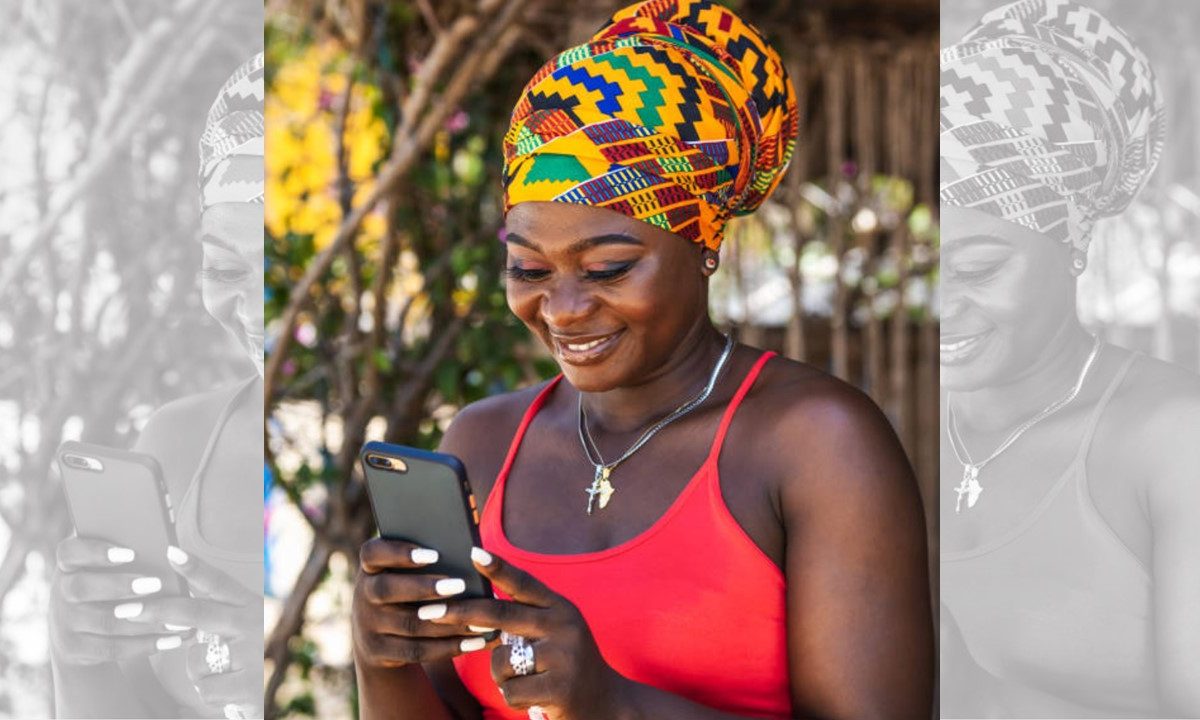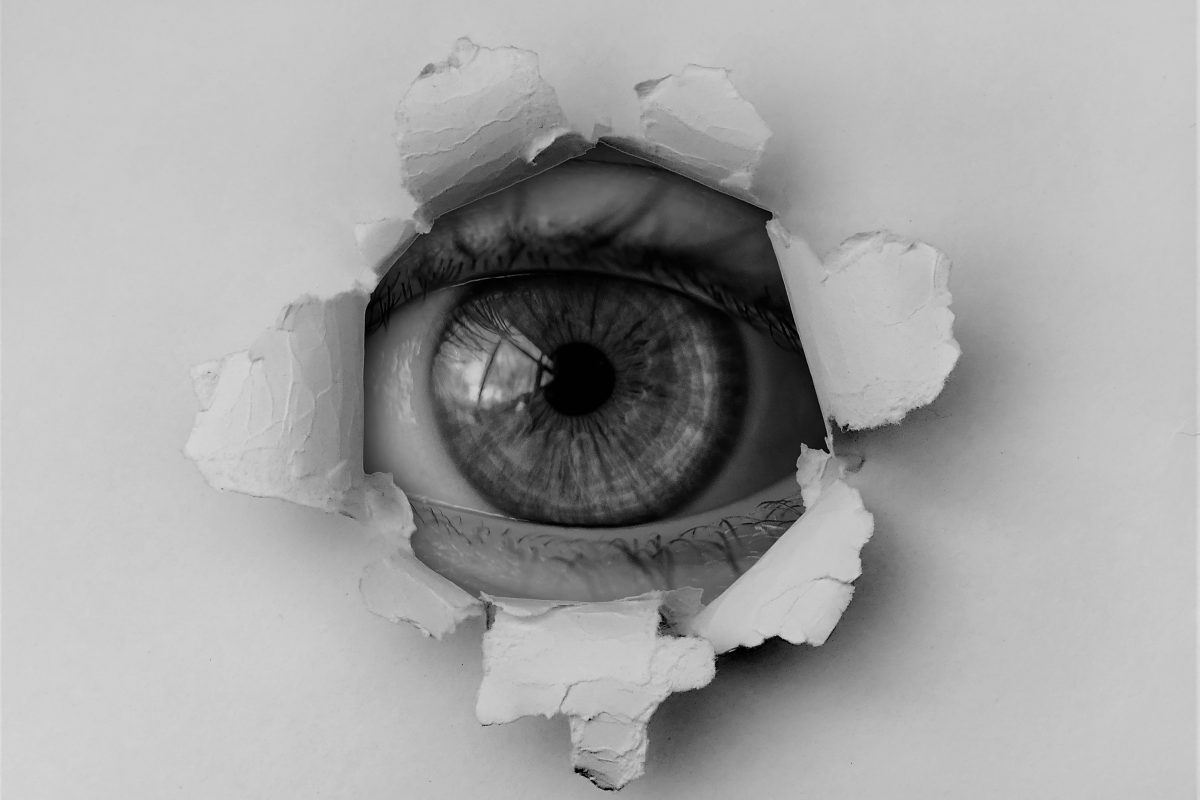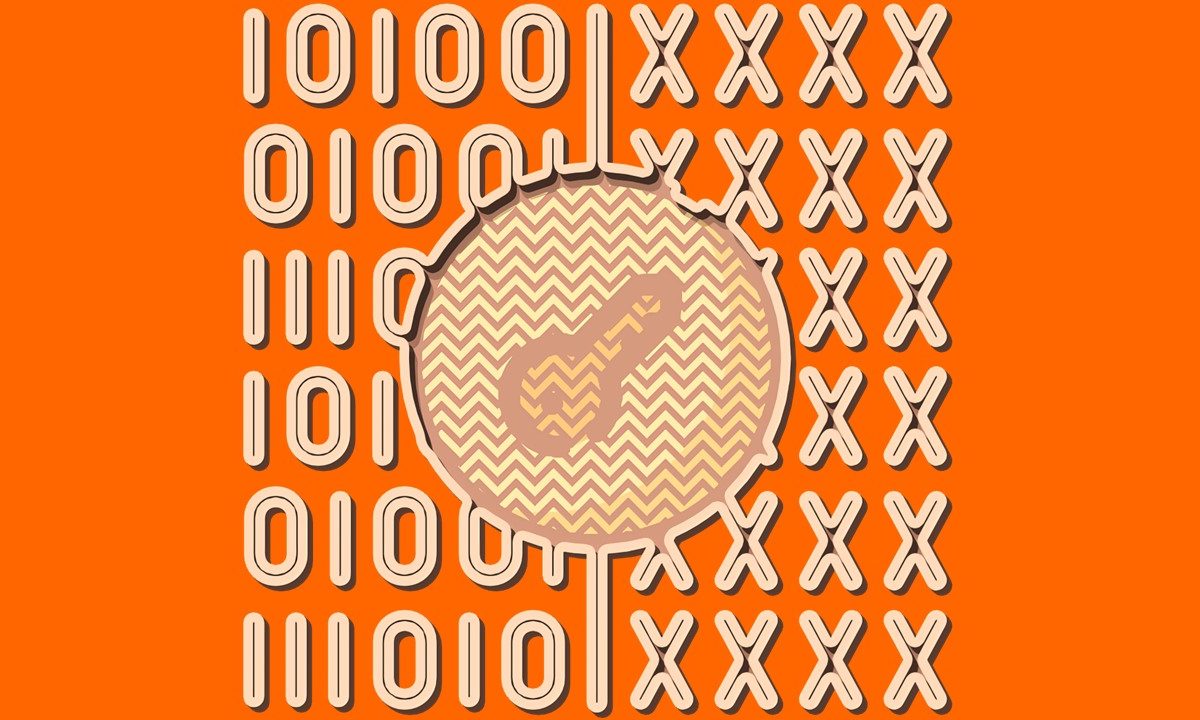FIFAfrica21 |
As African countries embrace digital technologies, there is growing concern that the rising state surveillance, which is partly being enabled by the same digital technologies, is undermining African citizens’ digital rights and hindering their willingness to meaningfully participate in democratic processes.
One of the “democratising effects” of the internet was that it had provided a safe and alternative engagement platform that could help circumvent and diminish the repressive state’s control over the means of communication, thereby enabling greater organising and expression of dissenting opinions. However, autocrats in the region have appropriated the power of digital technologies to stifle dissent and to ramp up their capabilities to snoop on, punish, and silence critical and dissenting forces.
According to the 2021 State of Internet Freedom in Africa report by the Collaboration on International ICT Policy for East and Southern Africa (CIPESA), surveillance has become a principal threat to digital rights in Africa, a weakening force to civil society and independent voices, and ultimately a driver of authoritarianism. The study maps the prevalent forms of surveillance, the laws that aid surveillance, and the impact of state surveillance on the ability of individuals and organisations to organise, mobilise, and engage in democratic processes.
Both physical surveillance and digital surveillance have for several years been prevalent in the countries studied. However, the study shows that digital surveillance is expanding in scope, with several countries now deploying spyware, drones, and video surveillance (CCTV), as well as social media monitoring, mobile phone location tracking, and the hacking of mobile phones, messaging, and email applications.
The abuse of surveillance is rife in countries with high levels of impunity for rights violations and a low level of accountability for the actions of the government and its institutions. In virtually all countries studied, not only has surveillance become commonplace but the right to communicate anonymously in digital spaces has been profoundly eroded through mandatory SIM card registration and creation of inter-linked databases for national ID, voters’ registers, and other services provisions.
Government critics including leading opposition leaders, human rights defenders and activists who do human rights and governance work, as well as investigative journalists, remain prominent targets of state surveillance.
Enablers of State Surveillance
Many countries have enacted various laws that permit surveillance, mandate telecommunication intermediaries to facilitate the interception of communication, stipulate the mandatory collection of biometric data, limit the use of encryption, require the “localisation” of personal data, and grant law enforcement agents broad search and seizure powers.
In countries such as Chad, Malawi, Senegal, Tanzania, Tunisia and Zambia, laws prohibit offering encryption services without licensing, and in other cases, encryption service providers are required to decrypt any encrypted information that they hold to aid lawful interception. Moreover, while all countries have laws that facilitate lawful surveillance, many of these laws have pervasive flaws, are partially implemented, indiscriminately applied, and widely abused.
While democratic participation is based on free will and freedom, the study found that the law has been instrumentalised in many countries including Uganda, Rwanda, Nigeria, Ghana, and Tanzania, to intimidate and to carry out arbitrary arrests and detention, prosecution, and persecution of individuals. The limited oversight over surveillance activity, where the actions of those who conduct illegal surveillance remain shrouded in secrecy with limited accountability for their actions, or redress for victims of surveillance, remains of concern.
Impact on Democratic Participation
The overreach effect of increased surveillance across the region is the curtailment of rights to freedom of expression, access to information, association and assembly, and diminished appetite for participation in democratic processes.
Undermining the Right to Freedom of Expression and Access to Information
The rights to freedom of expression and access to information are critical to meaningful democratic participation and civic engagement. The inability to freely express oneself has a direct impact on democratic participation since it limits an individual’s engagement in political discussions and the capacity to influence others, especially during periods of political contestation, as well as limiting engagement in civic spaces.
The fear of repercussions associated with surveillance curtails the rights of individuals who have been victims of surveillance to freely express themselves. The study shows that this fear has forced human rights defenders, activists, government critics and journalists into self-censorship, to be less vocal, and to limit expression of their opinions especially on debates on political affairs.
Infringing on the Right to Privacy of Communications
Surveillance intrudes on the privacy of individuals and has become a means through which fear is instilled in political activists, the opposition, HRDs and the public. According to the United Nations High Commissioner for Human Rights, the right to privacy is not only impacted by the examination or use of information about a person by a human or an algorithm. Rather, even the mere generation and collection of data relating to a person’s identity, family or life already affects the right to privacy, as through those steps an individual loses some control over information that could put his or her privacy at risk.
Overall, surveillance has undermined the ability of democracy actors to use digital communication channels – some have stopped using the channels to communicate altogether or have restricted their communications. Further, it has increased their costs on communication and operations generally..
Curtailing Freedom of Assembly and Association
The right to freedom of assembly and association is intricately linked to the rights and ability to freely express oneself, seek information, and mobilise. The curtailment of these freedoms can be felt in the individuals’ withdrawal from active engagements with peers, their representatives to parliament and other political actors. The study shows that the rights to assembly and association have been limited for victims of state surveillance and other democracy actors.
The study found that victims of surveillance and those who closely work with or associate with them, tended to take an overly cautious approach due to fear of repercussions such as being arbitrarily arrested, prosecuted, and detained.
The ability to organise and mobilise for activities, especially political meetings, is among the aspects that have been adversely affected by state surveillance. Some actors have resorted to organising meetings online as opposed to physically, and only with trusted individuals, which has affected the reach and effectiveness of such meetings and the mobilising power of such actors.
Effect on the Work of Organisations
According to the report, state surveillance has adversely affected the work of organisations, making it difficult for them to achieve their goals including gathering information and mobilising for activities. Some organisations were affected by disruptions of their activities, including being evicted from their offices by landlords at the request of state officials.
In addition, the costs of running the organisations had gone up, due to the level of financial investments made towards implementing safety and security measures. Organisation staff lost precious energy and time worrying about surveillance, and felt controlled and less free in undertaking their work. Some organisations scaled down their work especially on governance issues.
Impact on Personal Life and Relations
The impact of surveillance goes beyond affecting peoples’ ability to meaningfully participate in democratic processes, to their personal life and relations. Individuals who were targets of state surveillance had relationships with their family, friends and society affected. Many of them lamented their lack of a social life as they could no longer make new friends, visit their old friends or family members, invite them to their homes, or be seen with them in public.
The research found widespread fear among the respondents, including their families, friends, and colleagues because of the surveillance they had experienced, or due to the apprehension of ongoing or future surveillance. Surveillance of their communication, lives and work had affected their psychological well-being and mental health in various ways. The mental toll of surveillance had resulted in constant and increased feelings of anxiety, anguish, stress, worry, depression, paranoia, fear, isolation, danger, risk, hurt, and insecurity.
There was widespread fear among respondents of repercussions for expressing opinions, in the form of threats, harassment, arrest, attacks, abduction, detention, prosecution, death, and making their family, friends and associates targets of state action.
The study makes the following key recommendations:
- Governments should repeal, amend or review existing laws, policies and practices on surveillance, interception of communication, biometric data collection, and limitations on the use of encryption to ensure compliance with the established international minimum standards on human rights and communications surveillance.
- Judiciaries and Parliaments need to proactively check the excesses of the state and its agencies in surveillance to ensure accountability and transparency of the executive arms of government.
- Civil society organisations (CSOs) should continue to investigate, document, and expose data and privacy breaches such as unauthorised access, surveillance and non-compliance by data collectors, controllers and processors.
- CSOs should engage in strategic public interest litigation through collaborative efforts to challenge laws, measures and acts that violate privacy rights and push for policies and practices reforms that uphold privacy.
- Organisations under threat of surveillance should enhance their internal digital capacity and build capacity of their staff in digital literacy, cyber hygiene, physical and digital security and data protection measures; and how to manage new surveillance measures and other emerging threats to digital rights.
- Intermediaries should regularly publish, update and widely disseminate privacy policies and transparency reports and inform users about the collection, use, handling, sharing and retention of their data and the measures taken to protect their right to privacy.




